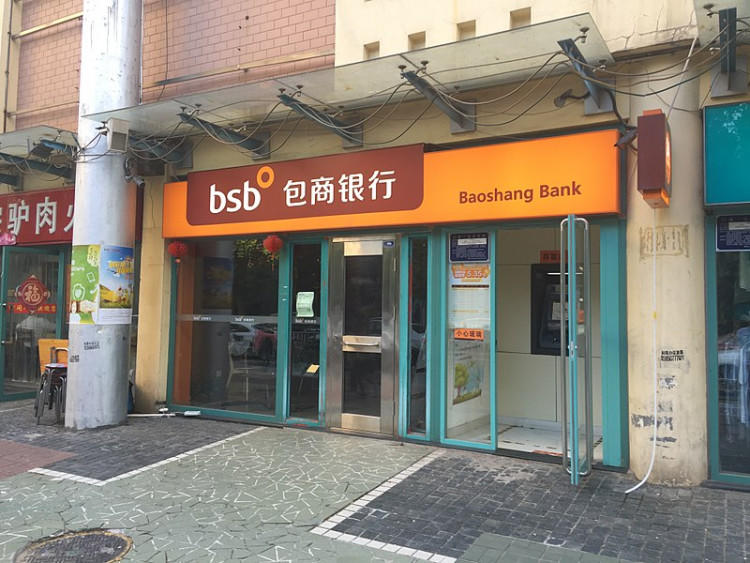The Chinese government announced on Friday that they will take over the Baoshang Bank causing an increase on the country's primary money rates as worries escalate on the possibility of the weakening of small banks' ability to access interbank funding.
The People's Bank of China assured that they will offer liquidity support to Baoshang bank after the takeover. It is considered as the biggest daily net fund injection made by China's central bank into the banking system in more than four months on Wednesday. The rescue was made because of rising corporate defaults, mounting debt, and a slowing economy.
Money market rates rose because of concerns that Baoshang's plight might herald wider problems among China's regional banks before the intervention of the People's Bank of China on Wednesday. According to Lu Ting, chief China economist at Nomura in Hong Kong, markets are quite concerned about whether the takeover itself suggests something is very wrong, whether there will be more such takeovers and whether China will experience some kind of credit squeeze.
The People's Bank of China injected a total of 250 billion yuan (28.6 billion pounds) into the market for the day and a net 400 billion yuan so far this week. On Wednesday, the open market operations of the central bank involved 270 billion of seven-day reverse bond repurchase agreements compared to just 20 billion yuan of expiring reverse repurchase agreements.
Frances Cheung, head of the macro strategy for Asia at Westpac in Singapore, said that the central bank's liquidity operations so far this week "send a strong signal that the PBOC is ready to ensure ample liquidity for the market, amid fragile sentiment in the credit and bond market. She added that given huge amounts of the maturing medium-term lending facility (loans) and negotiable certificates of deposit in the next three months, the PBOC is likely to further step up it's easing, and RRR cuts cannot be ruled out.
A trader at a Chinese bank said that the Baoshang incident is pressuring short-term liquidity, along with month-end seasonal factors, cash conditions are becoming tighter and pushing up the near-date swap points higher. The trader added that it led the swap curve moving upward.
According to Ji Tianhe, China rates and FX strategist at BNP Paribas in Beijing, the takeover of Baoshang could be interpreted as a "marginal targeted deleveraging" campaign and could change the ecosystem of the interbank market. The strategist also said that smaller banks are supposed to serve the real economy, but some turned out be very active in interbank trading in order to expand their size and now this latest move is pushing similar small lenders back to their core business.





